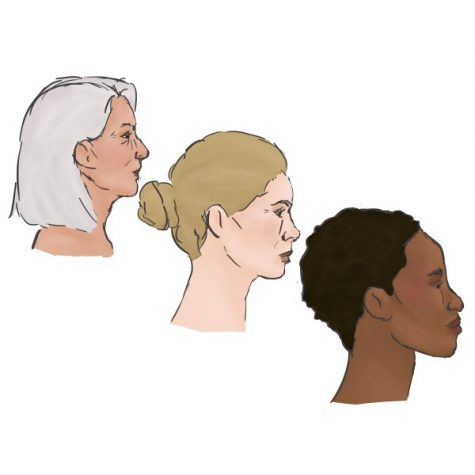Millennials are multidimensional, not just “snowflakes”
November 29, 2018

There’s an incredible supply of negative stereotypes built up about millenials: we’re lazy, we’re weak-willed, we destroyed the napkin industry. But few people have taken time to reflect on the historic, often tragic events that shaped us, and fewer still have recognized our incredible potential to build a better world than the one we’ve inherited.
People like Francis Fukuyama predicted that we would be the generation born at “the end of history.” The turn of the millennium was supposed to constitute a turning point in human history. It promised to mark the beginning of a new era, a prolonged period of prosperity and international cooperation.
But instead, just as we were learning to understand the world around us, that promise of peace was shattered by the collapse of the twin towers, and we learned what it meant to be afraid of the future.
Time moved forward, and our young lives were punctuated by more events of colossal tension and conflict. As we rolled through the early 2000s, the United States launched the first preemptive war in its history, the War on Terror. A few more years passed, and we entered the most severe economic recession since the Great Depression. School shootings became commonplace, as headlines flooded with stories of violence across the country. And, all the while, we watched our nation divide itself into red and blue states, drifting ever-further apart as each year passed.
Now, we’ve reached adulthood, and we’ve found ourselves in a world divided against itself.
I didn’t recount our history because I want millennials to be viewed as victims or because I want baby boomers to pity us. People of all ages endured those trials alongside us, and each generation has faced its own pains.
I recounted it because millennials deserve to be recognized a multi-dimensional, complex generation, not just spoiled snowflakes who can’t find jobs. We are constantly reduced to our most negative aspects, framed as incompetent or childish. In reality, we are a generation like any other, with the added burden of inheriting international turmoil, cultural division and momentous political anxiety.
If we are going to meet these challenges, we need to stop listening to our detractors. Instead, we should take pride in our resilience, face the world’s problems head-on and bring about the change we want to see in the world — just as generations before us have.





















Leave a Comment